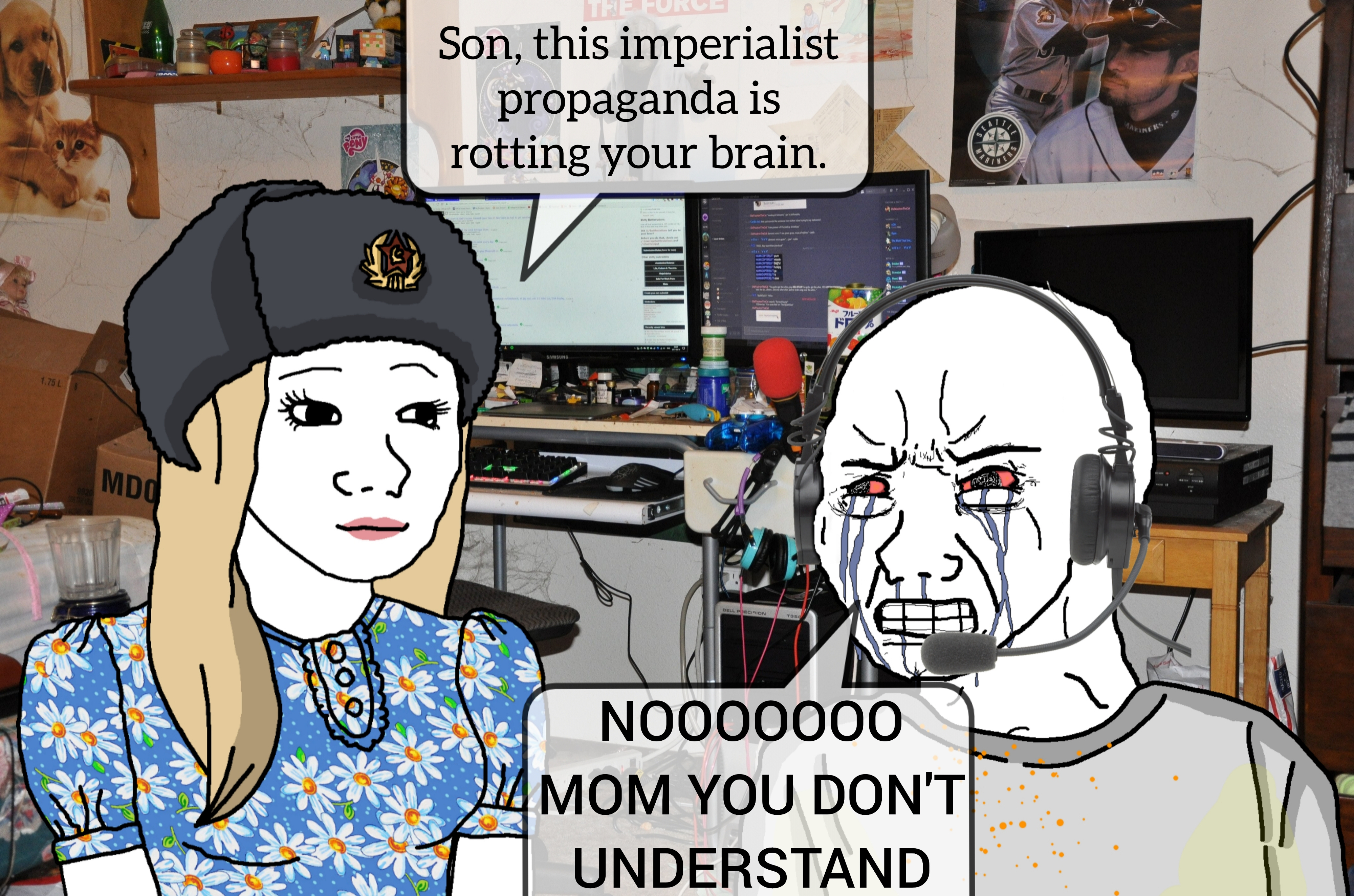


Since the 1990s, mothers have raised concerns about the potential influence of violent video games on children, warning that they may emulate their favorite characters’ behavior. However, gamers have often dismissed and mocked these concerns, insisting that fiction cannot impact reality. Despite this, the US military-industrial complex has formed close ties with the video game industry over the past few decades. Additionally, researchers generally agree that gaming addiction is linked to heightened levels of aggression. Do these gamers really have nothing to worry about? Or is the US government covertly trying to brainwash them?
During the onset of the Iraq War, NBC News reported that the CIA and Pentagon were collaborating with video game companies for recruitment and training of soldiers. At the time, it was relatively straightforward to create military propaganda, and there was little need to disguise militaristic themes within seemingly apolitical games. Riding the wave of post-9/11 nationalism, the target audience of these games showed little concern that the US Army openly developed and distributed titles such as “America’s Army” and “Guard Force” from recruitment centers nationwide. Concurrently, the Institute for Creative Technologies, a $45 million Army initiative aimed at enhancing collaboration with the entertainment industry, also produced training games. “Full Spectrum Command,” a PC game based in Eastern Europe, was released in February 2003 to test “organization, decision-making, and the ability to recognize threats in a peacekeeping setting.” “Full Spectrum Warrior,” an Xbox game, was also developed through the Institute and intended to train squad leaders to command a small group of soldiers in urban warfare scenarios. Meanwhile, the CIA used the game to play “from the perspective of the terrorists [they were] chasing.”
US intelligence not only influenced a handful of video games in the early 2000s, but they also had an impact on the most profitable video game franchise developed in the United States, Call of Duty. The franchise is a notorious example of US and NATO propaganda being disseminated through first-person shooter games. In 2014, Dave Anthony, the creator of Call of Duty, drew the attention of the Atlantic Council due to the immense success of his franchise. Anthony was recruited by a former Pentagon official to join The Art of Future War Project, an Atlantic Council initiative aimed at “helping policy advisors imagine future wars America may have to fight.” This initiative could also be interpreted as an attempt to indoctrinate millions of American boys by providing them with entertaining video games that glorify violence and instill a chauvinistic mindset, allowing them to commit heinous acts like massacring innocent Russian civilians or assassinating the president of Venezuela after demolishing the country’s infrastructure.
The phenomenon of US war propaganda video games extended beyond the United States and even NATO member countries. In 2011, Amir Mizra Hekmati, an American citizen working on the first-person shooter game KumaWar, was imprisoned in Iran on suspicion of spying and later sentenced to death in 2012. According to GameZone, Hekmati admitted that the CIA funded KumaWar with the goal of influencing youth in Iran and the broader Middle East. Unlike the high-tech first-person shooters popular in the West at the time, KumaWar was free to play and had much lower system requirements. The original KumaWar game only needed Windows 98 and 258 megabytes of RAM, likely to ensure that CIA propaganda reached as many people as possible. The now-defunct Kuma Games website, whose default language listed Arabic right after English, reported over 19 million active users.
In the past, some may have argued that video games were not a major concern, as gaming addicts who spent all day in a chair eating junk food were deemed too unhealthy to fight on the battlefield. However, warfare has evolved significantly. In the mid-2000s, tech reporters began to notice that military drones were being controlled with Xbox 360 controllers, and gaming hardware continues to be used for weapon operations today. Drone operators sit in a comfortable room in front of a screen, holding an Xbox controller, and are thousands of miles away from the people they are being instructed to kill. In this setting, pathological gamers who are also drone operators may have a considerable advantage.
Studies have shown that gaming addiction can lead to increased aggression and social withdrawal, creating a dangerous feedback loop that could translate into skills useful for drone operators who grew up gunning down characters that resemble the people they are now ordered to strike with US propaganda dehumanizing the victims. It may seem that NATO is losing the information war at home with the Reddit-brained Ukraine fan fiction they put out, but this overlooks the intended target of their propaganda: people who grew up installing pornographic mods on violent video games and are addicted to their propaganda, with a high likelihood of having a gaming controller in their hands at any given point in time.
The CIA spends taxpayer dollars on top game developers, writers, and psychologists to influence the minds of gamers, leading to a reasonable assumption that playing these games will impact our thoughts; furthermore, the traits associated with gaming addiction, such as poor impulse control, aggression, and loss of interest in social interaction, run counter to the behavior of a serious Communist and are self-destructive, hindering the formation of any successful revolutionary movement. Some may find the CIA’s video game propaganda fun to play, but it’s no way to win a revolution. In order for revolutionaries to succeed, they must put down their controllers and log off, engaging with the real world and forming meaningful connections that will enable them to build a socialist future.